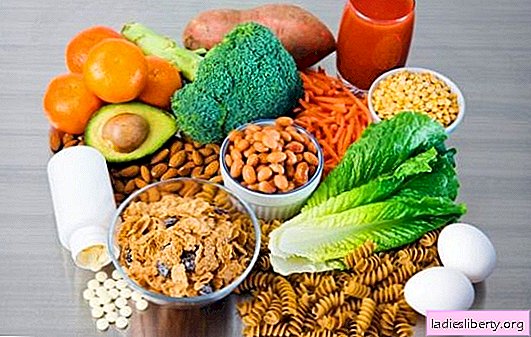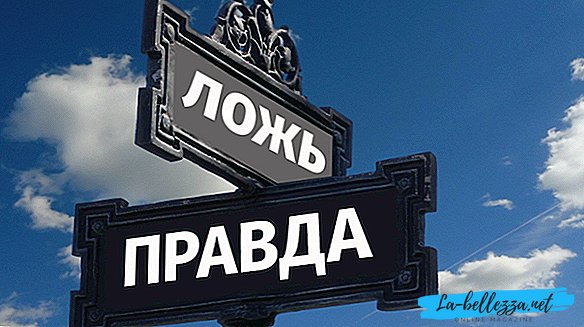
Extrasystole is the most common type of arrhythmia (cardiac arrhythmias) and is characterized by the extraordinary appearance of one or more contractions of the heart muscle.
They can occur against the background of overwork, psychological stress, as well as under the influence of external stimuli - the use of caffeine, tobacco and alcohol. Extraordinary reductions are considered relatively safe for human health and life, but in some people with severe cardiovascular diseases, they may be an increased risk factor.
Extrasystole - causes
Extrasystole is divided into atrial, atrial-ventricular and ventricular. In rare cases, excitement appears in the sinus-atrial node.
There is extrasystole for the following reasons:
• heart muscle disease;
• violations of the nervous regulation of the heart;
• after nervous stress;
• poisoning with some poisons;
• damage to the nervous system;
• for diseases of internal organs (liver or stomach).
With violations in the blood supply to the myocardium (inflammatory or dystrophic changes), there is also a chance of developing this disease. The cause may be heart defects, myocardial dystrophy, coronary heart disease, myocarditis.
Extrasystole can occur against the background of a violation of the general ratio of calcium, potassium, magnesium, sodium ions inside the myocardial cells and in the extracellular medium.
Extrasystole - symptoms
Extrasystole according to subjective sensations does not always have a pronounced character. It is harder to tolerate by people suffering from vegetative-vascular dystonia. Patients suffering from organic heart damage, on the contrary, tolerate this disease much easier.
In most patients, extrasystole feels like a push of the heart from the inside into the chest, a stroke that is caused by an energetic contraction of the ventricles after a compensatory pause.
Still patients note "turning and somersaulting" of the heart, fading and interruptions in its work. Also, extrasystole is accompanied by discomfort, hot flashes, anxiety, weakness, lack of air and sweating.
Frequent extrasystoles that are early, group in nature, cause a decrease in cardiac output, and therefore a decrease in coronary, renal and cerebral circulation. In patients suffering from cerebral arteriosclerosis, dizziness occurs, which can develop in aphasia, paresis and fainting; in patients with coronary heart disease lead to angina attacks.
Extrasystole - diagnosis
The most popular diagnostic method is ECG. Indications for an electrocardiographic study are the patient's complaints.
The doctor clarifies all the circumstances in which arrhythmia occurred, the frequency of attacks. Its main task is to find out the etiology of arrhythmia, since its various forms require a different approach to treatment.
Diagnosis of concomitant cardiopathology is carried out with the help of stress Echo-KG, ultrasound of the heart and MRI of the heart.
Extrasystole - treatment and prevention
Isolated cases of arrhythmia, not related to pathology, do not require treatment. In cases where extrasystole is associated with problems in the endocrine system or digestion, the underlying disease is first treated.
With arrhythmias of neurogenic origin, in most cases, sedatives (motherwort, valerian, lemon balm) or sedatives (oreotel, relanium) are prescribed. If extrasystole is provoked by taking medications, then they need to be canceled.
Drug therapy is carried out only in cases where a patient has more than two hundred extraordinary cardiac contractions per day, there is a cardiac pathology and complaints about his condition are received from the patient.
For treatment, novocaine, lipocaine, cordaron, quinidine and others are used. Therapy lasts for several months in the absence of signs of improvement.
Patients who do not have severe symptoms and cardiac pathology are prescribed a special diet rich in magnesium and potassium salts and moderate physical exertion for prevention. You also need to give up your bad habits (smoking, alcohol, etc.).
Comments











